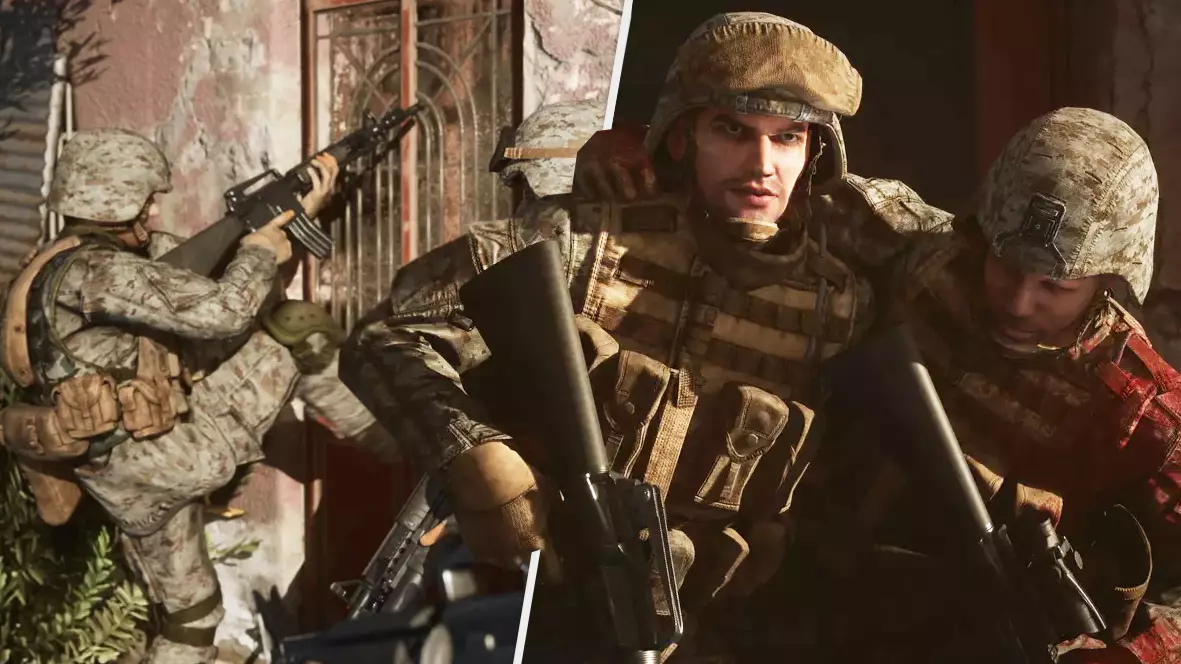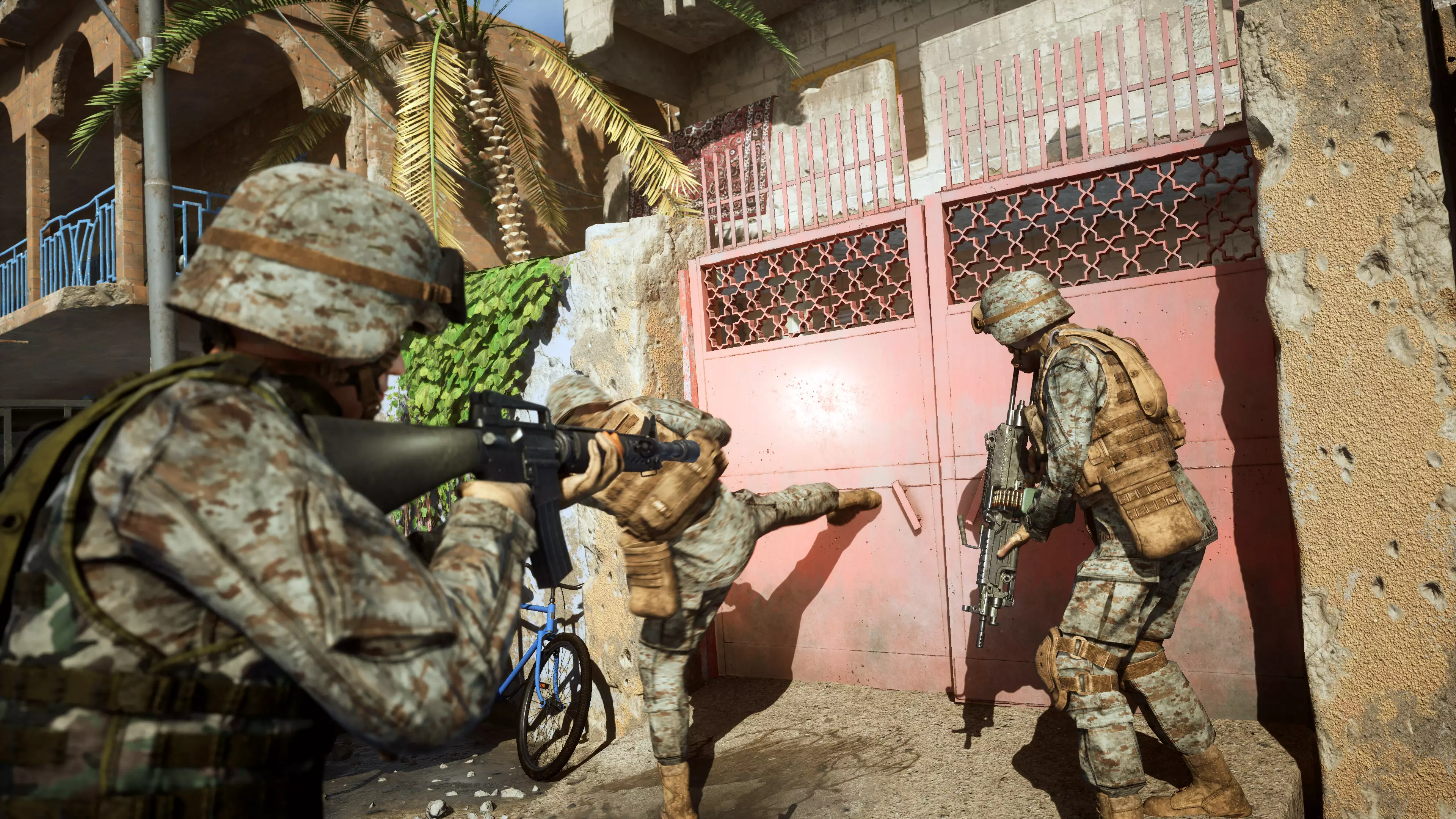
Six Days In Fallujah, a recently revived tactical first-person shooter that aims to tell true stories from the Iraq War is not attempting to make a "political commentary", publisher Victure insists.
Earlier this month it was announced that Six Days In Fallujah was back in development. The FPS was previously cancelled in 2009 after being met with criticism from British war veterans, the Stop the War Coalition, and others who believed the project was in poor taste.
The majority of the new incarnation of the game will revolve around FPS gameplay set in the middle of 2004's Second Battle Of Fallujah. There will also be a handful of segments running parallel to this plot in which an unarmed Iraqi father works to get his family out of the war-torn city. Since its re-announcement, Six Days In Fallujah has once again sparked a debate over the story it's choosing to tell and whether Victure and developer Highwire Games are doing the right thing.
"For us as a team, it is really about helping players understand the complexity of urban combat," Victure CEO Peter Tamte explained in an interview with Polygon.
Advert
"It's about the experiences of that individual that is now there because of political decisions. And we do want to show how choices that are made by policymakers affect the choices that [a Marine] needs to make on the battlefield. Just as that [Marine] cannot second-guess the choices by the policymakers, we're not trying to make a political commentary about whether or not the war itself was a good or a bad idea."

According to the press release accompanying the game's announcement, over 100 Marines, Soldiers, and Iraqi civilians who were present during the Second Battle for Fallujah have shared their personal stories, photographs, and video recordings with the developers. It claims that the game "gives these stories voice through gameplay and first-person accounts captured in original documentary interview footage".
Despite promising to tell real stories, Tamte added that Six Days In Fallujah will not show the controversial use of chemical weapons such as white phosphorous by US forces during the battle.
Advert
"There are things that divide us, and including those really divisive things, I think, distracts people from the human stories that we can all identify with," he said.
"I have two concerns with including phosphorus as a weapon. Number one is that it's not a part of the stories that these guys told us, so I don't have an authentic, factual basis on which to tell that. That's most important. Number two is, I don't want sensational types of things to distract from the parts of that experience."
Tamte has been a part of the project since its earliest days, and argued that "almost all of the outrage" he's heard are from people who weren't in Fallujah.
Advert
"I think we live in a culture where we feel the responsibility to defend people, whether they want to be defended or not, on social media, and I am sure that there are people who are in Fallujah who will be offended," he said.
"But I will tell you that from my experience and conversations that I've had over 15 years on this project, nearly all want people to know what happened in Fallujah. Whether you are an Iraqi civilian or you are a member of the Coalition. Either side."
Unsurprisingly, Tamte's comments to Polygon have done little to win over those who were already arguing that Six Days In Fallujah is in poor taste, and the debate over the suitability of the game - as well as its existence as a political statement - rages on.
Topics: News